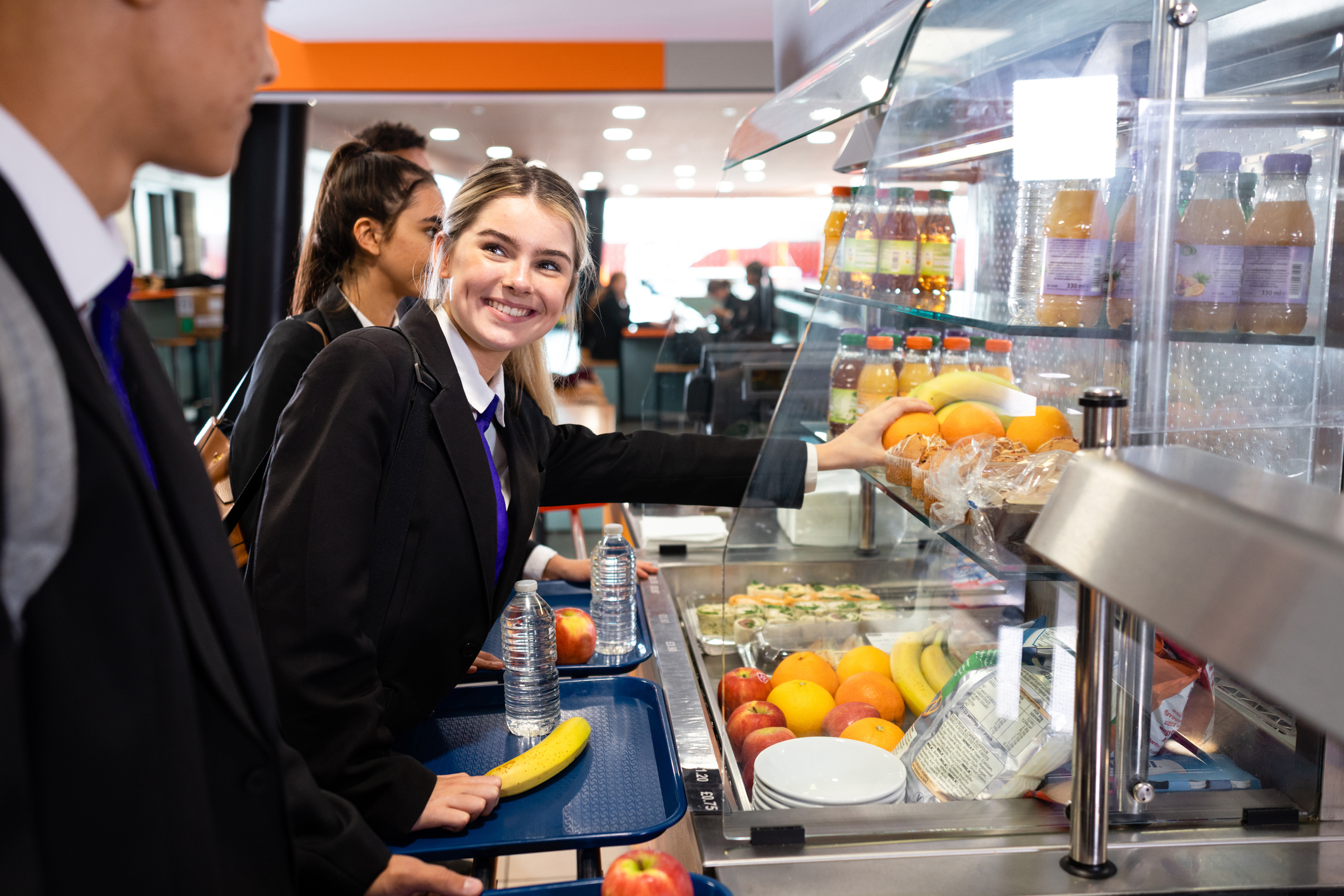The Problem
In Sweden, the populations of communities and cities are becoming more ethnically, culturally and demographically diverse. Not surprisingly, while the benefits of greater diversity are well documented, the public service system is under additional strain in order to resource increasing demand of basic human needs such as food, health, education and housing. This strain in the public service delivery system creates challenges and could – if not managed – lead to less efficient and less effective public engagement, especially in areas that are socio-economically challenged.
Some of those areas in Sweden are also overcrowded and suffer from poorer public services, which includes public health response and food supply. The cumulative impact includes strain on the national health service, weaker transition nationally to healthier food habits, and in the longer run inefficient market responses. In essence, the categorisation of sustainability and food consumption amongst a vulnerable group is an environmental, health and social issue which requires action from political, legal and ideological settings.
The laws and regulations surrounding advertising to children and policies around diet had not been able to sufficiently account for the diverse population and for socio-economic disparities amongst adolescents.
The Solution
The Cambridge Policy Bootcamp (CPBC) is an agile approach to find new evidence to address three challenges:
- Thematic challenge (e.g. complex multi-level governance of the food system and public food)
- Technical challenge (e.g. expensive participatory research, taxation sugary food)
- Outreach challenge (e.g. what % of people spells success)
As an innovative participatory research method, it combines engineering systems thinking methodology with theories drawn from multiple social science disciplines to quickly narrow down evidence to develop potential solutions for a complex policy problem. The aim is to integrate multiple perspectives, not into a single unified model, but an accommodating framework that can provide practical direction for complex.
This bootcamp focuses on adolescents (15 - 21 years). It looks at decision-making in a food system context where vulnerable groups are at risk. The aim is to find opportunities for decision makers to make better decisions to influence the food system to connect today's adolescents with the food market as more well-informed consumers, and to guide the future food market with the taste to demand more vegetables and fruit in the food supply chain. The role of public policy here is to set all the dials within the food system in the right direction.
The Conclusion
Ten groups presented their varied and innovative solutions, and these ranged from using social media for better communication about sustainability, urban farming so people can grow their own food, and home economics classes, through to introducing higher taxes on
less healthy foodstuffs such as red meat and soft
drinks.
A panel of experts from CRSD then rated the ideas and presented their favourite, Cool Meal Science, which is shown in full below.
Cool meal science: An interactive course during school lunchtime, building awareness among adolescents about how to buy healthy and
sustainable foods and the benefits of doing so. Seamless education connected to all courses on healthy and sustainable eating habits. Teachers and engaged students could be the leaders. Could review recipes, the environmental footprint of a meal, etc. Students are already in school, and this is an easy way to raise awareness. Engaging students to lead these courses also makes them catalysts of change. It
could happen during lunch to not interfere with other subjects. Students eating better also means students are more energised, focused,
and learn more efficiently.
The group that developed this idea was nominated to meet Per Calleberg, State Secretary to the Minister for Rural Affairs Jennie
Nilsson. All the proposed solutions were taken back to the Swedish Ministry of Enterprise and Innovation following the event.
The Impact
Based on further discussion with the Ministry of Enterprise and Innovation, the following three options were proposed. Any of the steps can be applied by themselves or in combination with other strategies. The common and the core aspect of the three ideas is that the methods are co-created.
- Ministerial Level: Embed policy systems thinking methods thoroughly. Help introduce policy systems-based action research methods, e.g. policy boot camp in the Ministry more thoroughly. The purpose will be to apply various methodologies efficiently and effectively to draw, find policy solutions from the to finish. As an action, we can run the Policy Simulation Lab, another method (linked) which would take one or multiple ideas from the Policy Boot Camp and figure out how to further design the deployment strategy and develop evaluation techniques to capture the impacts.
- National Level: Empower youth to be part of the policy making process. Develop policy systems informing the platform for the young people of Sweden along with the global youth. The purpose will be to really enact the term 'future-proof policies' in Sweden, and improve youth understanding of the public system. As an action, we help develop a food policy systems platform, e.g. Policy Action Hub for the Government of Sweden on food policy in general. At the platform, while we could train some Swedish academics and public officials on our methods, we can run multiple policy boot camps to churn out outputs. The platform will have an outline of the overall food policy systems and a database of networks to draw on for iterative exercises.
- International Level: Enhance geopolitical partnership by championing policy systems thinking among less developed countries.
Thank you for having pioneered this exciting bootcamp set up to help Sweden tackle this challenge. I am excited about the innovative design and young people having had the change to co-create solutions.
Olav Kjørven, Chief Strategic Officer,
EAT Foundation

